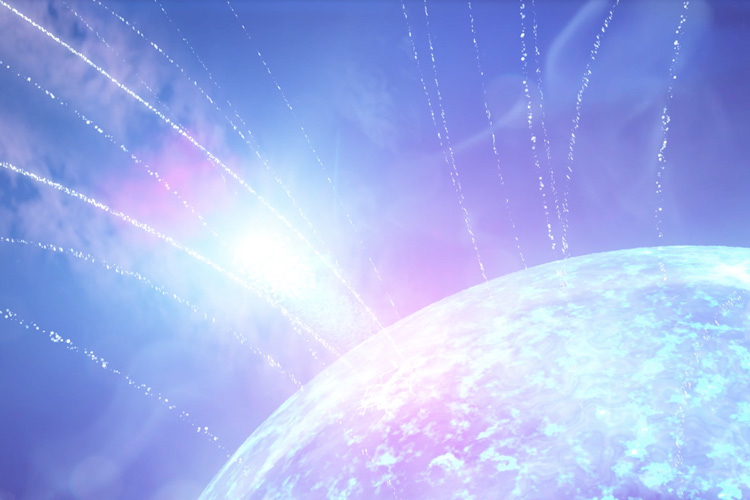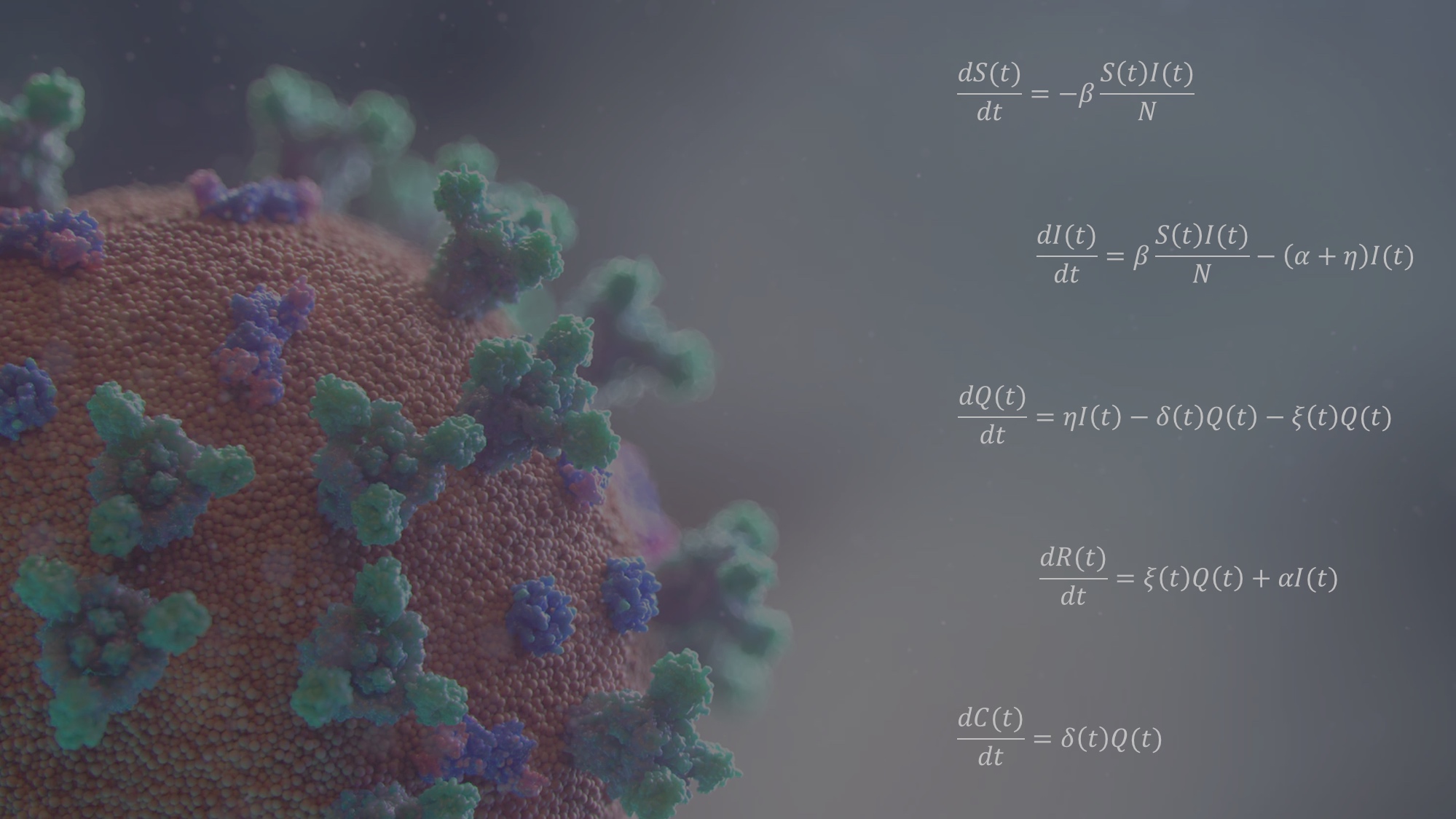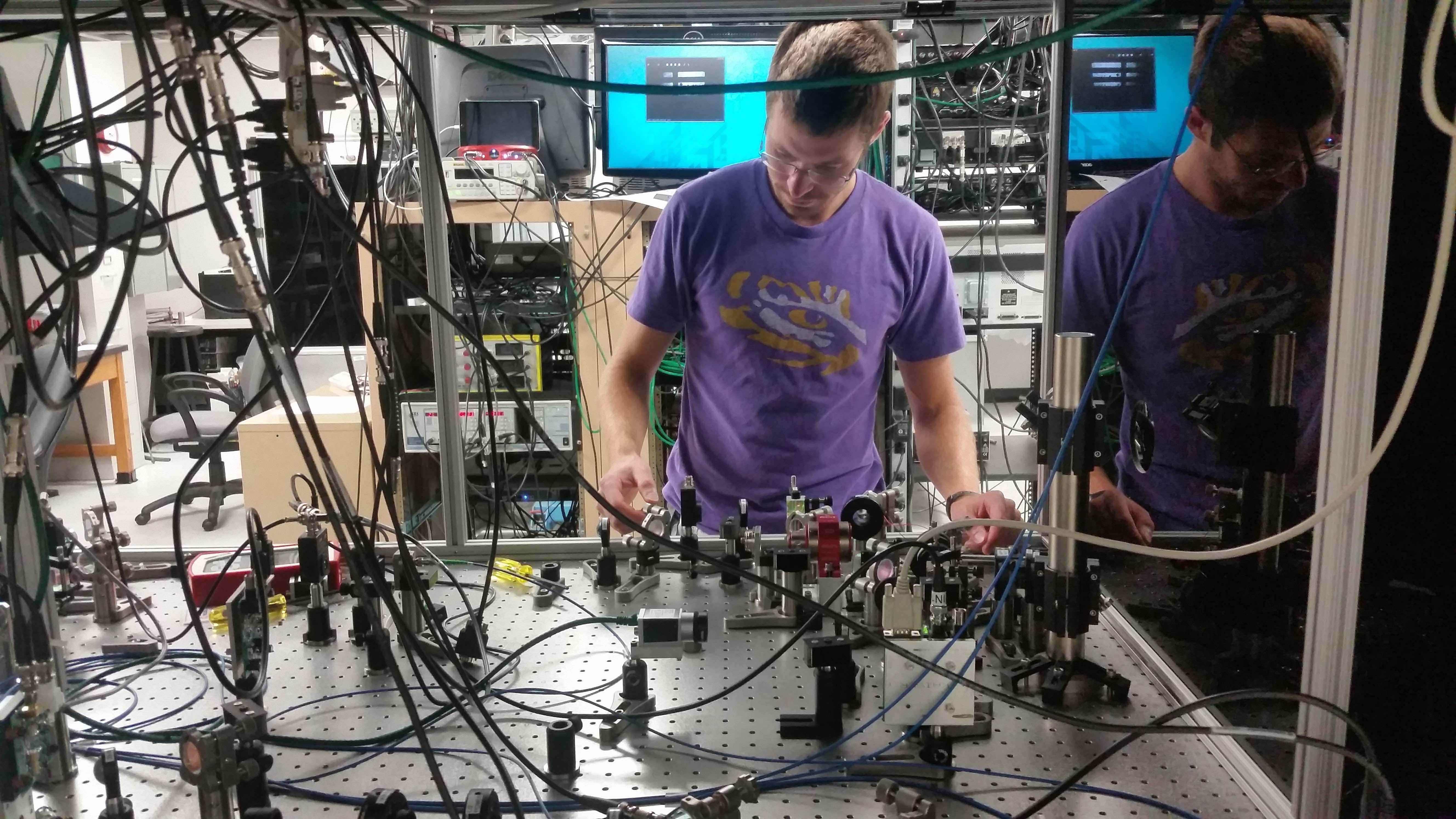NEWS
Research Highlights
Ultrashort laser pulses catch a snapshot of a "molecular handshake"
 A team of researchers from Ohio State University and Louisiana State University has
now shown that high-harmonic spectroscopy (HHS)—a nonlinear optical technique capable
of capturing electron dynamics on attosecond timescales—can reveal the tiny, local
structures that form when one liquid dissolves into another. The study, published
in PNAS, marks an important step toward directly probing solute–solvent interactions
in the liquid phase.
A team of researchers from Ohio State University and Louisiana State University has
now shown that high-harmonic spectroscopy (HHS)—a nonlinear optical technique capable
of capturing electron dynamics on attosecond timescales—can reveal the tiny, local
structures that form when one liquid dissolves into another. The study, published
in PNAS, marks an important step toward directly probing solute–solvent interactions
in the liquid phase.
Designing the Best Possible Solar Cell, by MacGyvering a Bit of Quantum Supremacy
 LSU physicists and material scientists are building a quantum simulator with a gold
chip to discover better materials for solar cells. Ideal materials must introduce
some amount of mayhem, the researchers say, to get more light to go through.
LSU physicists and material scientists are building a quantum simulator with a gold
chip to discover better materials for solar cells. Ideal materials must introduce
some amount of mayhem, the researchers say, to get more light to go through.
LSU Astronomer And NASA Missions Unmask Cosmic Eruptions In Nearby Galaxies
 A brief burst of high-energy light swept through the solar system on April 15, 2020
triggering space-based instruments, including those aboard NASA and European missions.
Now, multiple intl. science teams conclude the blast came from a supermagnetized stellar
remnant known as a magnetar located in a neighboring galaxy.
A brief burst of high-energy light swept through the solar system on April 15, 2020
triggering space-based instruments, including those aboard NASA and European missions.
Now, multiple intl. science teams conclude the blast came from a supermagnetized stellar
remnant known as a magnetar located in a neighboring galaxy.
Tracking COVID-19 Trends In Hard-Hit States
 LSU researchers have applied computational models to investigate COVID-19 infection
rates in relation to social distancing measures. Their paper, Effect of mitigation
measures on the spreading of COVID-19 in hard-hit states in the U.S., published in
PLOS ONE., investigates the change in the infection rate due to mitigation efforts
and project death and infection counts through September 2020 for some of the most
heavily impacted states.
LSU researchers have applied computational models to investigate COVID-19 infection
rates in relation to social distancing measures. Their paper, Effect of mitigation
measures on the spreading of COVID-19 in hard-hit states in the U.S., published in
PLOS ONE., investigates the change in the infection rate due to mitigation efforts
and project death and infection counts through September 2020 for some of the most
heavily impacted states.
LIGO And Virgo Announce New Detections In Updated Gravitational-Wave Catalog
![]() After several months of thorough analysis, the LIGO Scientific Collaboration and the
Virgo Collaboration have released an updated catalog of gravitational wave detections.
The catalog contains 39 new signals from black-hole or neutron-star collisions detected
between April 1-Oct. 1, 2019, which more than triples the number of confirmed detections.
After several months of thorough analysis, the LIGO Scientific Collaboration and the
Virgo Collaboration have released an updated catalog of gravitational wave detections.
The catalog contains 39 new signals from black-hole or neutron-star collisions detected
between April 1-Oct. 1, 2019, which more than triples the number of confirmed detections.
LSU Physicists Develop And Demonstrate A Method To Eliminate Quantum Radiation Pressure Noise In Gravitational Wave Detectors
 Gravitational wave detectors have opened a new window to the universe by measuring
the ripples in spacetime produced by colliding black holes and neutron stars, but
they are ultimately limited by quantum fluctuations induced by light reflecting off
of mirrors. LSU Ph.D. physics alumnus Jonathan Cripe, postdoctoral fellow, NIST, and
his team of LSU researchers have conducted a new experiment with scientists from Caltech
and Thorlabs to explore a way to cancel this quantum backaction and improve detector
sensitivity.
Gravitational wave detectors have opened a new window to the universe by measuring
the ripples in spacetime produced by colliding black holes and neutron stars, but
they are ultimately limited by quantum fluctuations induced by light reflecting off
of mirrors. LSU Ph.D. physics alumnus Jonathan Cripe, postdoctoral fellow, NIST, and
his team of LSU researchers have conducted a new experiment with scientists from Caltech
and Thorlabs to explore a way to cancel this quantum backaction and improve detector
sensitivity.
Department Events
Outreach & Centers
Center for Advanced Microstructures and Devices (CAMD)
Center for Computation & Technology (CCT)
High Altitude Student Platform (HASP)
Highland Road Park Observatory (HRPO)
Landolt Astronomical Observatory (LAO)
Laser Interferometer Gravitational-Wave Observatory (LIGO)
Louisiana Space Consortium (LaSPACE)




